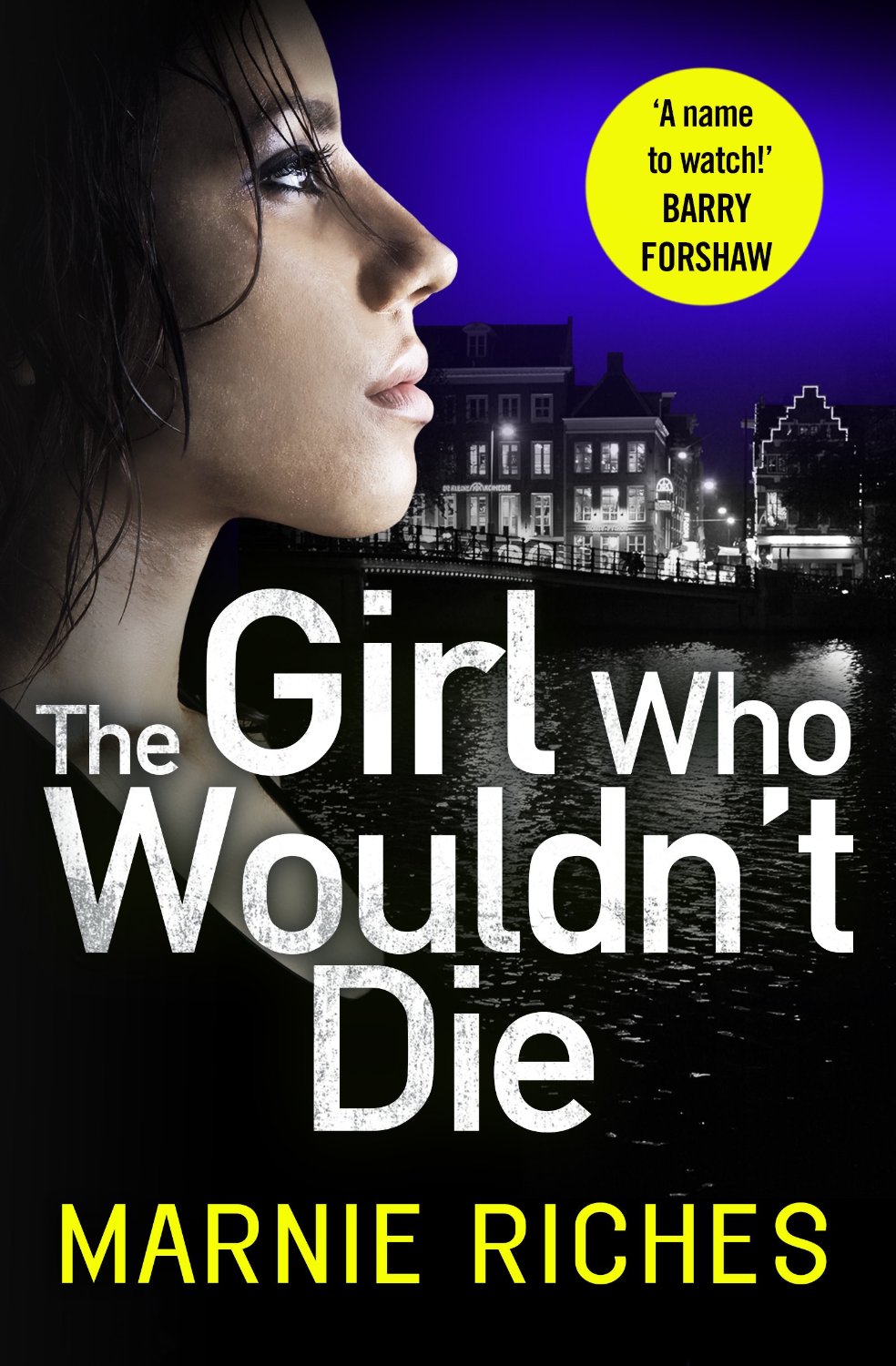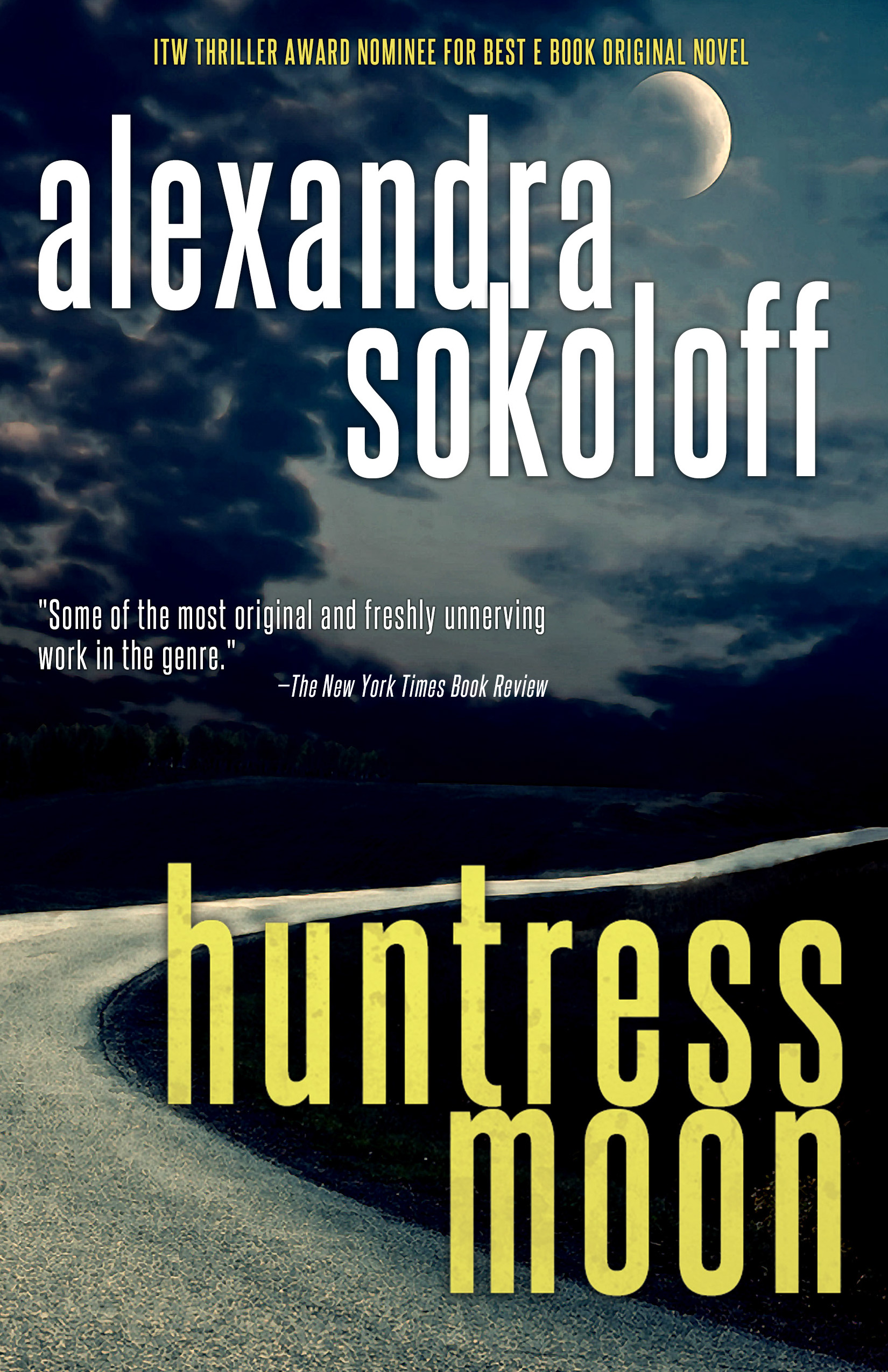I’ve just observed an interesting feed on Facebook which debated whether a person who is not minority ethnic could write ethnically diverse characters with any kind of integrity. George McKenzie, the star of my debut crime thriller, The Girl Who Wouldn’t Die is mixed-race, so the discussion seemed pertinent to me at first. Should you only write what you know, as the handbooks say? White people, writing white people? Black people, only telling stories with a Black cast? Men-only books for men?
Hell no! If you wrote only the familiar, the bookshop shelves would be fairly empty. Harry Potter? Forget him! Lisbeth Salander? You’re joking! And as for the ethnically diverse and often criminal-as-hell cast of The Wire…not on your nelly.
Fact is, a writer should never limit the scope of the stories available to them. Write whatever takes your fancy! Create the characters that speak to you. But the veracity of your characters does matter. So, make sure your research is spot on, because if you don’t do your characters justice, your story will be weak. Then, your writing will lack integrity!
Switch on your senses. Go out into the world. Notice the component parts that make people who they are…
Dialogue
Building great characters on the page relies heavily on great dialogue. You should strive to reproduce the rhythms of natural speech as faithfully as possible, injecting just a little stylistic flair. Elmore Leonard was renowned for his blistering dialogue, as is Quentin Tarantino – a heavy influence on my writing. Watching great TV and films is perfect for learning about great dialogue.
Idiosyncrasies
How do your characters behave? What do they like and dislike? Do they have quirks and foibles? George McKenzie is borderline OCD. Her Dutch side-kick, Senior Inspector van den Bergen is a hypochondriac. Flawed characters are more believable because none of us are perfect.
Back-story
A character without a back-story is 2D. Even if you don’t incorporate it into your novel, it’s worth writing a separate piece, revealing your characters’ back-stories. If you know them, you can convince your readers that they are real.
Physical limitations
How does your character look, dress, walk, eat? What are their physical capabilities or disabilities? Does it ring true, that they can abseil off a building? It is far better to describe your characters’ visual appearance by dripping details gradually into the narrative, than to dump it all on the reader in a paragraph. Avoid exposition! It’s lazy.
Interaction and character arcs
Create a grid of your characters and make notes for your own reference on how each interacts with the others. This will help you to maintain consistency throughout the story. Then, do a little diagram, showing what your main characters’ arcs will be. How will the journey change them, as they face hurdle after hurdle? How will it change the way in which they interact with the others? Get these basic elements right and you’ve got strong foundations for your novel.
Now, go! Make shit up but strive to make it the best shit you’ve ever read!
Marnie Riches grew up on a rough estate in Manchester. She learned her way out of the ghetto, all the way to Cambridge University, where she gained a Masters degree in German & Dutch. She has been a punk, a trainee rock star, a pretend artist, a property developer and professional fundraiser. Previously a children’s author, now, she writes crime and contemporary women’s fiction.
Her debut novel The Girl Who Wouldn’t Die went straight to the top of the charts and has already garnered stellar reviews. Links to the books and how to connect to Marnie below …
The Girl Who Wouldn’t Die
Amazon Australia:
Website: www.marnieriches.com
Facebook: https://www.facebook.com/pages/Marnie-Riches-author/196117983745658
Twitter: @Marnie_Riches






